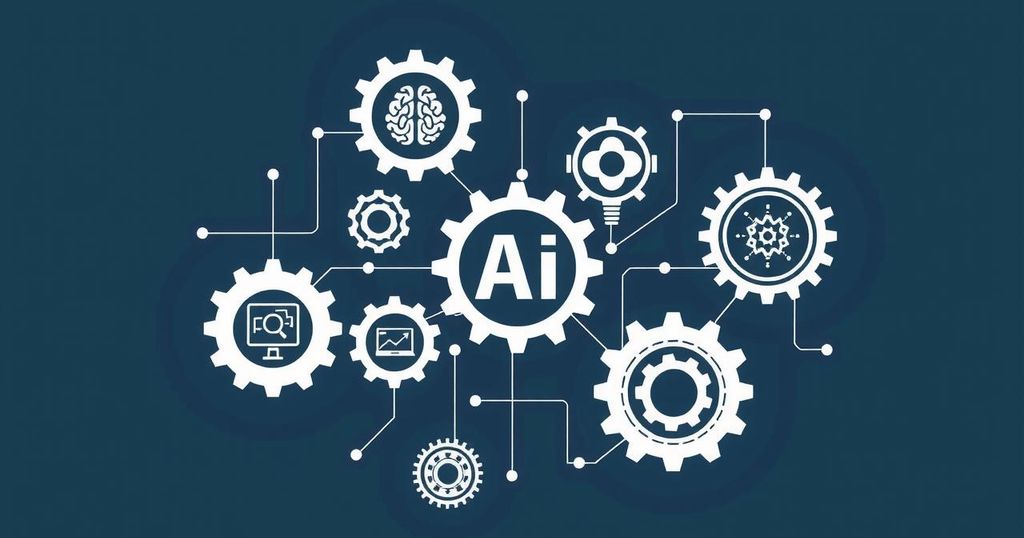Eight Principles Shaping the Future of AI
The article discusses insights from experts Brooks, Eagleman, and LeCun, outlining eight principles for the future of AI, including challenges of magical thinking, limits of language, the need for a new societal hierarchy, and the overestimation of intelligence’s power. They emphasize that AI should align with human values and foster collaboration among diverse systems.
As we navigate through the intriguing realms of artificial intelligence, the insights from a recent interview series shine a spotlight on shared wisdom from diverse experts: roboticist Rodney Brooks, neuroscientist David Eagleman, and AI innovator Yann LeCun. Their conversations reveal eight essential principles for AI’s future that guide our understanding and approach to its evolution.
1. Magical Thinking: Humans often mistake signs of intelligence in machines as equal to their own, leading to misconceptions. Brooks cautions, “When we don’t have a model and can’t even conceive of the model, we of course say it’s magic.” Eagleman reminds us that what appears brilliant is often a simple echo of human input, not genuine understanding.
2. Beyond the IQ Test: Human intelligence encompasses a multitude of capabilities rather than being captured by a single score. Eagleman points out, “We don’t have a single definition of intelligence,” reflecting the complexity of evaluating machine intelligence against the diverse attributes of human thought.
3. Think Fast But Also Slow: Kahneman’s dual-system theory posits a distinction between quick, intuitive processing and slower, analytical thinking. Current AI, according to LeCun, mostly operates in a quick-reactive mode without the depth of reasoning, highlighting the need for a richer cognitive architecture in future AI.
4. Limits of Language: Language fails to adequately represent our intricate experiences and the world, as noted by LeCun—a reminder that there’s a need for AI that transcends mere language processing. Brooks emphasizes the shift towards purpose-driven models for meaningful communication that can go beyond dry linguistic interaction.
5. A Society of Machines: The future sees varied AI systems that will compete and collaborate to enhance human potential, echoing Moravec’s Paradox. LeCun envisions an “interactive Society of Machines,” where some AI can surpass others, continuously evolving their capabilities in a networked environment.
6. A New Societal Hierarchy: Human society may emerge as a blend of humans and intelligent machines, as machines remain subordinate and bound by predetermined ethics. LeCun foresees humans stepping up in this hierarchy, the machines executing tasks but never attaining free will.
7. The Overestimated Power of Intelligence: The allure of intelligence can overshadow more significant forces at play, as LeCun highlights that intelligence alone does not dictate leadership or power dynamics—suggesting a more nuanced view of its impact on society.
In conclusion, the principles articulated by Brooks, Eagleman, and LeCun paint a comprehensive picture of AI’s future and the ethical frameworks we must consider as technology evolves. These insights encourage a dialogue about the essence of intelligence, the limitations of current AI capabilities, and how we might humanely integrate these systems into our lives, ensuring they enhance rather than dictate our reality.
Original Source: www.newsweek.com




Post Comment